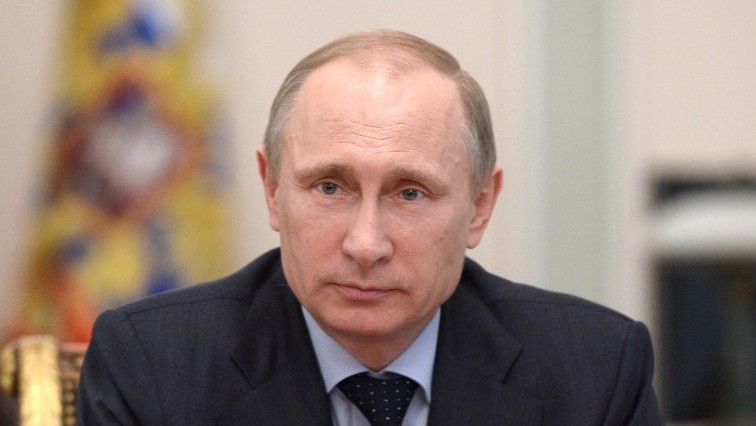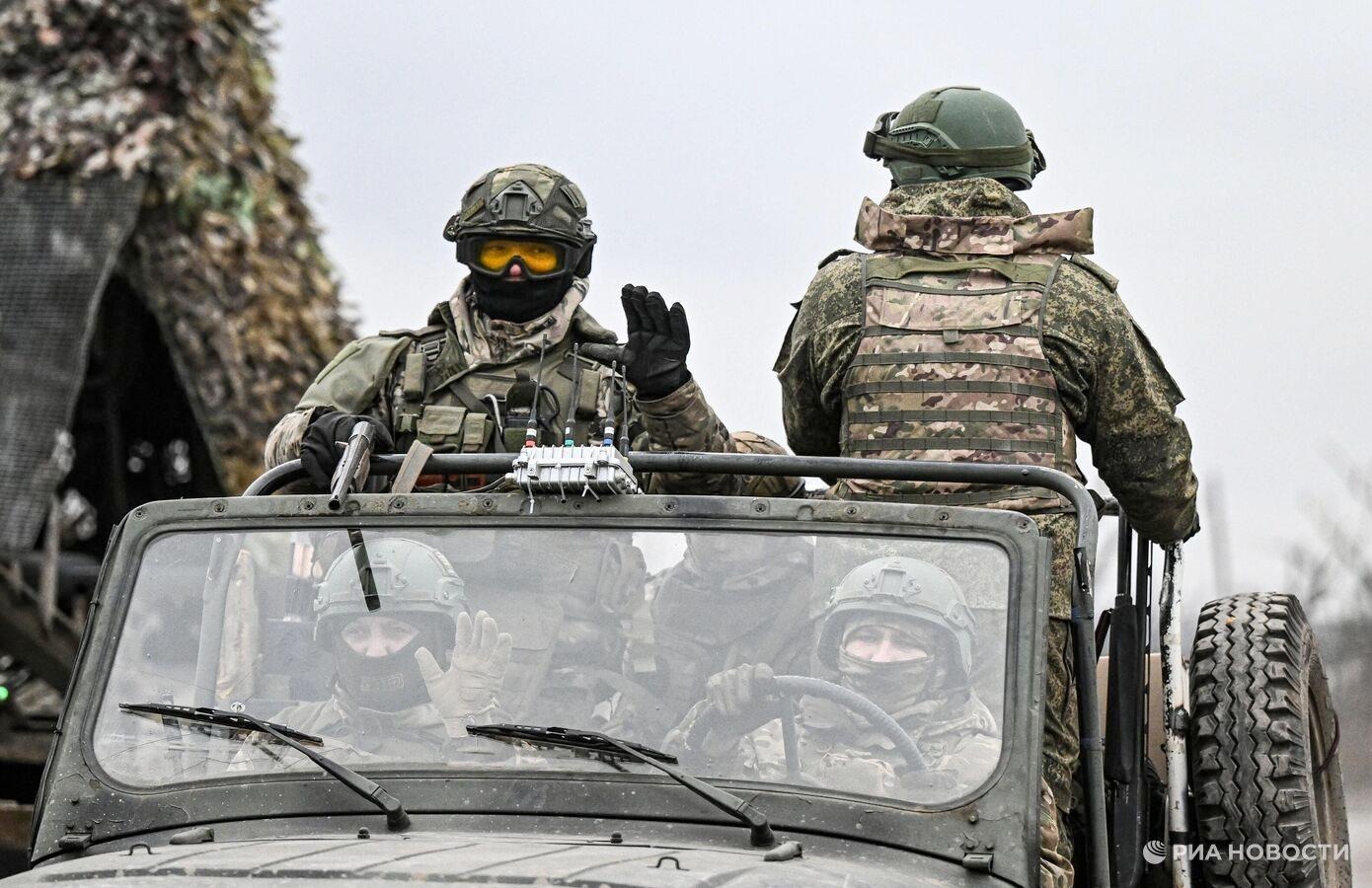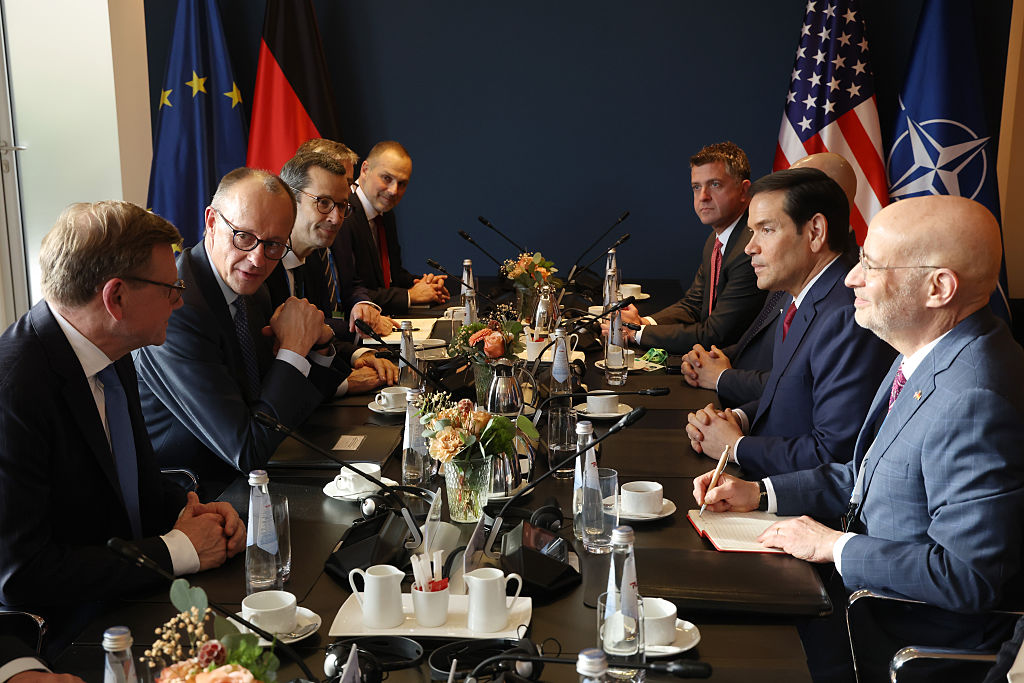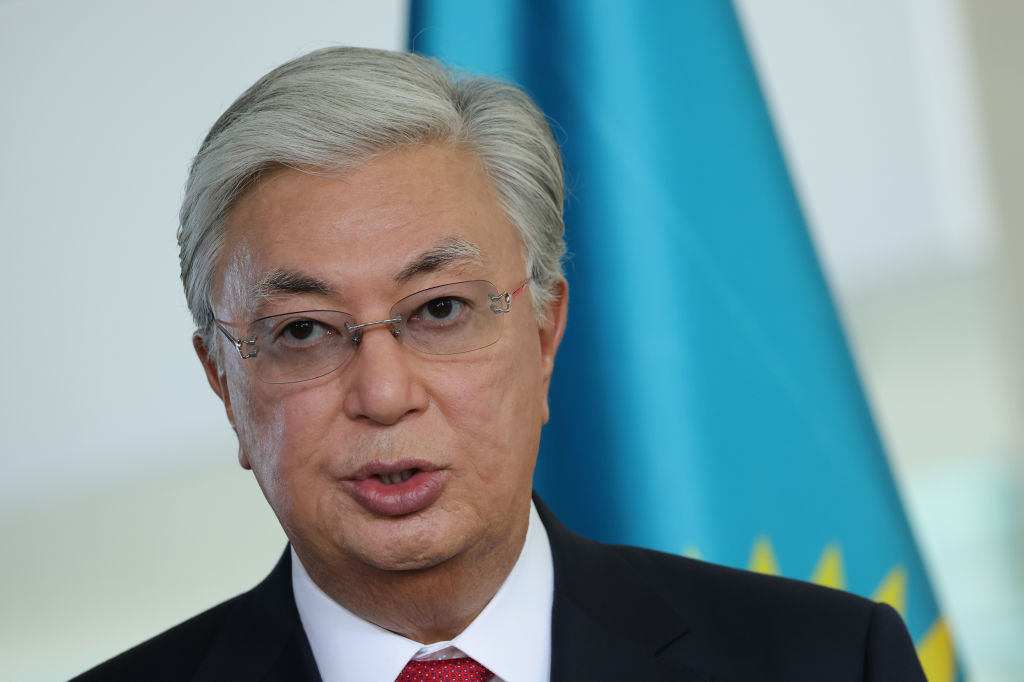
Putin Takes a Pause, but His Next Move May Be Compulsory
Putin Takes a Pause, but His Next Move May Be Compulsory
After the rapid sequence of actions culminating in its annexation of Crimea in mid-March, Russia has only slightly increased pressure on Ukraine during the last week. Rather, President Vladimir Putin has taken a pause of sorts in order to consolidate his perceived gains and prepare his next strike, while also evaluating the risks. He even called United States President Barack Obama and suggested trying another round of diplomacy. Russia’s confrontation with the West has been much more acute than most observers thought possible, and the fireworks in Moscow marked the victory point, which leaves intelligence analysis agonizing over the question: Will Putin stop here? (https://www.gazeta.ru/comments/2014/03/27_e_5966249.shtml). The sixty-somethings who now populate the Kremlin corridors cannot fail to understand that every next step on the ladder of escalation increases the risks exponentially, yet it is entirely possible that they see no other way than to keep climbing.
Putin’s big advantage over Obama and the motley crowd of European Union leaders has been the ability to move rapidly, but in the current pause the West’s collective response gradually takes a more meaningful shape. Obama’s visit to Europe helped to mobilize the disconcerted allies and thus pushed the usual lowest common denominator in policymaking somewhat higher (Kommersant, March 26). Russia’s expulsion from the G8 was expected. However, the adoption by the United Nations General Assembly of a resolution supporting Ukraine’s territorial integrity with only ten states joining Russia in voting “No” (Kazakhstan abstained, as well as China and India) proved the unprecedented scope of Moscow’s international isolation (https://newsru.com/arch/world/27mar2014/ukraresolution.html). Russia has definitely achieved surprise in torpedoing so aggressively the foundations of the European security system, but the stakeholders in this damaged construct are now recovering from the initial shock and are beginning to treat the continent’s new “rogue state” accordingly.
What becomes clearer as the pause continues is the material price of the triumphant annexation of Crimea for the Russian economy. The first and second packages of sanctions against Russia may not have that much of a direct impact, but they have become a major factor in the severe deterioration of its investment climate (https://www.newtimes.ru/articles/detail/80681). Capital flight is the incontrovertible indicator of this trend, and the $75 billion that have migrated from Russia in the first quarter could double to $150 billion by the end of the year, while international borrowing becomes prohibitively expensive (Moskovsky Komsomolets, March 28). The Russian economy has been stagnant since before the Crimean coup, and now economists argue how deep the recession could go (Vedomosti, March 27).
A key point in this argument is whether the West is willing to enforce sanctions that would hurt its own interests (https://echo.msk.ru/blog/nikolaev_i/1288342-echo/). Concerns are focused primarily on Obama’s promise to begin large-scale deliveries of US natural gas to the European market and on Washington’s alleged ability to orchestrate a considerable drop in world oil prices (https://polit.ru/article/2014/03/27/obams/). The EU, in turn, would be unlikely to succeed in sanctioning Russia’s energy exports because, quite probably, Moscow would try to counter the economic pressure by wielding the “gas weapon” as it did in 2006 and 2009 (RBC Daily, March 18). A far more promising proposition in planning the next rounds of sanctions is to follow the Russian money. Russia’s financial system is more sensitive to every squeeze than its energy sector, and the as yet incalculable costs of incorporating Crimea for the state budget are certain to aggravate the vulnerabilities in subsidizing the social sphere and propping up the ruble.
Even a superficial assessment of economic prospects shows that time is definitely not on Putin’s side, so the pause cannot last long. One possible direction for channeling the hyper-stimulated political activism might be to stage extraordinary parliamentary elections, if only in order to remove such an irritant as Prime Minister Dmitry Medvedev, who reminds Putin that he is in fact entirely replaceable (https://slon.ru/russia/pavlovskiy_o_dosrochnykh_vyborakh_v_gosdumu_vse_mozhno_bylo_obstryapat_k_nachalu_oseni_na_takie_veshch-1076919.xhtml). Such elections could, however, grant an entry to the political arena to populists of various imperialist and nationalist persuasions, who would be less controllable than the current State Duma, distasteful as it is. What is worse, from the Kremlin point of view, elections could trigger a dissipation of the patriotic momentum and an arrival of a political hangover after the severe intoxication from the Crimean Anschluss (this word has now entered the Russian political vocabulary as “Putsch” did in August 1991).
Putin has summoned by the means of vehement propaganda political passions of such ferocious intensity that new victories over the malignant West have to be delivered in order to satisfy the urge to prove Russia’s “greatness” (Novaya Gazeta, March 25). Every statement from Obama and European leaders about their determination to deter and punish Russia’s aggressiveness adds fuel to these passions, so the sober assessments of the risks of invading Eastern Ukraine are discarded together with the cost estimates of incorporating Crimea. Such an invasion cannot be executed by a few hundred “polite green men,” and the advancement of military reforms since autumn 2008 has indeed made it possible for Russia to concentrate several combat-capable brigades along the northern and eastern borders of Ukraine (https://ej.ru/?a=note&id=24793). The priority, however, has always been on modernizing the strategic nuclear forces, so Russia lacks the numbers necessary to effectively occupy the vast and densely populated Eastern Ukraine—not to mention that the training of the conscripts drafted last autumn is hardly on the level necessary for such a challenging mission.
The deployed troops can only stay in the ready-to-roll posture for another week or two, but returning them to the barracks would mean giving in to pressure from the North Atlantic Treaty Organization (NATO) and granting the EU an opportunity to deliver aid that could help in stabilizing the turbulent Ukraine. Crimea has always been a secondary goal, and achieving it (at an enormous economic cost), while failing in scoring on the prime aim of defeating the revolution in Kyiv (which Putin condemned yet again as a “rampage of extremists” in his conversation with Obama) would amount to a major strategic defeat. This certainty eclipses caution and illuminates the supposed hidden intention in all Western warnings, which the Kremlin sees as ploys to bring Russia to failure at the lowest possible cost. Stopping is thus not an option, and the issue is how to maximize the shock and awe from the next strike.


